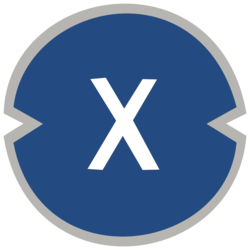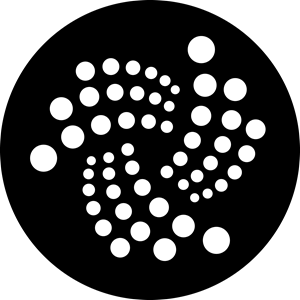ADA/Cardano - Network
Cardano ADA
Cardano (ADA) is a third-generation blockchain platform built to address the limitations of earlier blockchain systems like scalability, interoperability, and sustainability.
Developed with a strong emphasis on academic research and peer-reviewed protocols, Cardano is known for its innovative approach to decentralization and energy efficiency through its Ouroboros proof-of-stake (PoS) consensus mechanism.
As one of the few cryptocurrencies aligned with the ISO 20022 messaging standard, Cardano is uniquely positioned to integrate seamlessly into the evolving global financial system. ISO 20022 is a global standard for electronic data interchange between financial institutions, and Cardano's compliance enhances its credibility for institutional adoption.
This makes ADA particularly appealing for use cases like cross-border payments, remittances, and other financial services requiring high levels of interoperability and regulatory compatibility.
ISO20022 is a worldwide industry standard that has been bought in to regulate the interchange of electronic data between financial institutions.
Cardano’s layered architecture, separating the settlement and computation layers, allows for greater flexibility and scalability.
Its smart contract platform, Plutus, empowers developers to create secure and efficient decentralized applications (dApps) while maintaining the platform's core focus on sustainability.
Additionally, Cardano prioritizes inclusivity, with initiatives to drive blockchain adoption in underserved regions, particularly in Africa.
By adhering to ISO 20022 and offering a robust, eco-friendly infrastructure, Cardano is emerging as a significant player in the future of decentralized finance (DeFi) and global monetary innovation.
This dual focus on technological advancement and financial integration positions ADA as a long-term contender in the blockchain space.











